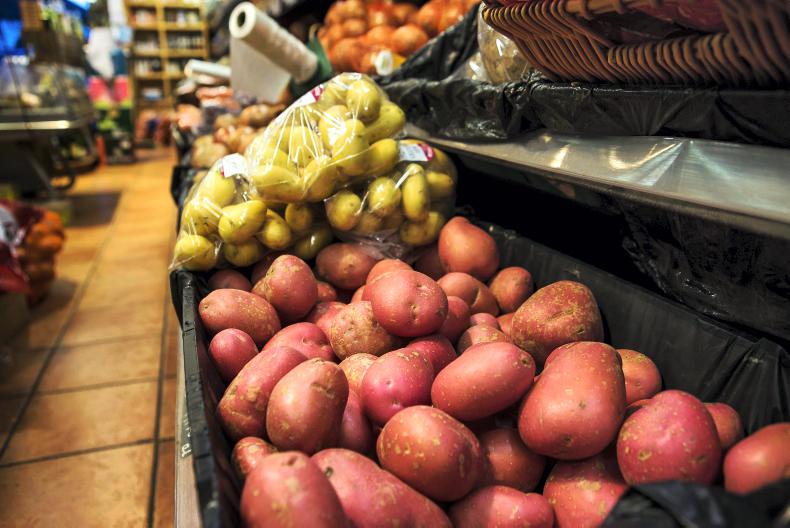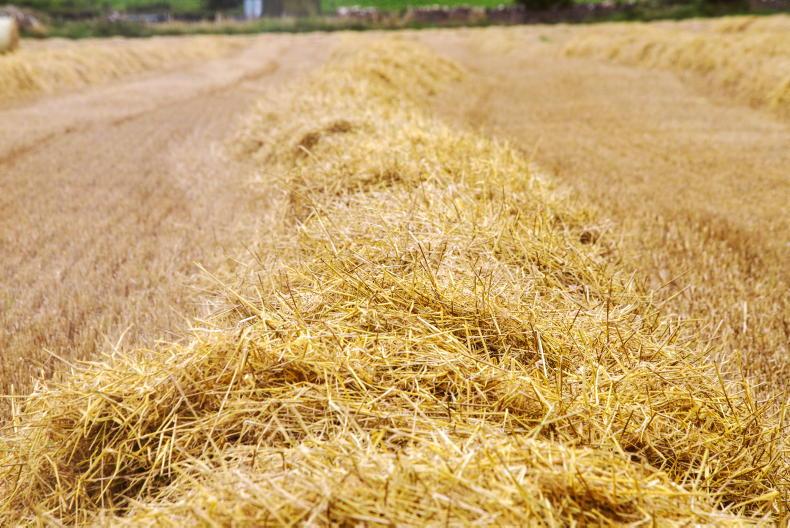Draft legislation which aims to set guaranteed prices for NI farmers has “major flaws”, MLAs have been warned.
The proposed Farm Welfare Bill would require local farmers to be paid minimum prices to cover their production costs, plus a margin linked to inflation.
The bill, which was put forward by farm groups including Farmers For Action and the NI Agricultural Producers’ Association, is currently being considered by Stormont’s agriculture committee.
Unworkable
However, it was made clear to the MLAs last week that the draft bill is effectively unworkable on several fronts.
“In our view, the approach proposed has some very major flaws which fundamentally undermines it,” said DAERA chief economist Dr Seamus McErlean.
With over 70% of NI food sold outside NI, a key issue with the bill is that the quantity of NI produce sold in external markets would fall if cheaper food were available from elsewhere.
“If the quantity sold goes down, so does NI agricultural income. In this respect, the bill is counterproductive in terms of trying to achieve better incomes,” explained McErlean.
Competitiveness
“Another flaw is that NI suppliers of feed, fertiliser and other inputs could put up their prices, safe in the knowledge that government would re-calculate the cost of production and raise minimum prices, meaning the external competitiveness of NI farming could be continually undermined,” he added.
The authors of the draft legislation argue that higher farmgate prices could be funded by lowering profits for processors and retailers, but McErlean suggested it is unlikely that this would happen in practice.
“Because retailers sell so much food, they are able to work on very small margins. Their view would be that some of that (higher farmgate prices) would be passed on to consumers,” he said.
NI import block
In the NI food market, the bill aims to prevent certain foods from being imported into NI if they are in season and available from local producers.
However, several speakers at last week’s committee warned that this could be in breach of UK competition laws and similar EU regulations.
NI Assembly researcher Mark Allen appeared particularly concerned with this part of the bill.
“One of the risks is the retailer might simply say ‘your price is too high, we will source this from somewhere else, or we won’t stock it at all’,” he said.










SHARING OPTIONS